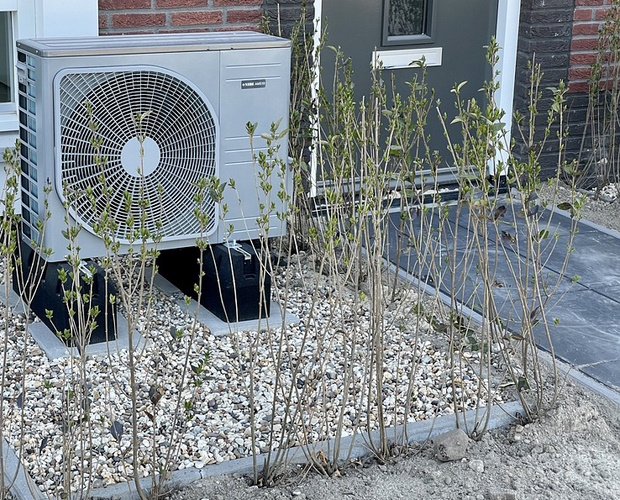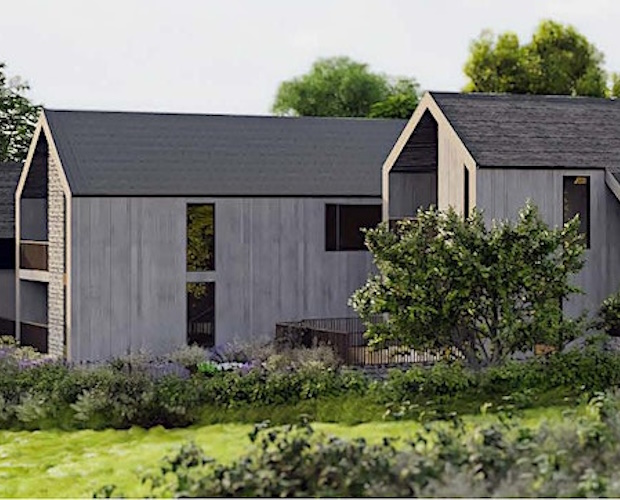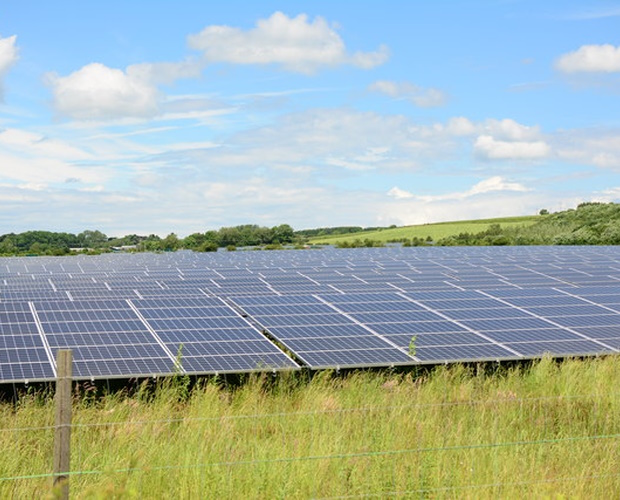T: 01822 851370 E: [email protected]
Rural Net Zero
The government has announced that it is piloting smart street lamps that can house EV charging hubs and boost wireless coverage, including 5G. Cambridgeshire and Oxfordshire County Councils are among six areas in the UK to test the project which aims to...
The Prime Minister made a speech last week, setting out what he termed a ‘pragmatic, proportionate and realistic path to reach net zero by 2050.’ The speech set out a number of measures including, perhaps most importantly for rural...
The Government has promised to prioritise rural communities in its £129m roll out of hundreds of new zero-emission buses. The Transport Secretary, Mark Harper MP (Con, Forest of Dean) has announced the additional funding to help local transport authorities...
Onshore wind projects which are supported by local people will be approved more quickly in England, under new measures being brought forward by the Government. Streamlined planning rules now mean that local areas will have a greater say in...
A report published today by the independent rural research organisation, Rural England CIC, raises further concerns about the government’s apparent one-size-fits-all policy of requiring the installation of heat pumps in rural off-gas grid homes and businesses to a faster timetable...
RSN members are being invited to find out more about how to deliver net-zero homes and low carbon retrofit. The conference on Tuesday 5 September 2023 has three workstreams focussed on net-zero newbuild, low carbon retrofit, and community-led housing. ...
The Daily Mail has reported last week on the Government’s approach to off grid homes, where the current plan will mean that they can only replace their heating systems after 2026, with non fossil fuel heating systems. It says:...
With a target to meet net zero by 2050, the Government has developed a range of policy solutions which focus on the heating of our homes. Government set ambitious targets of 600,000 installations of heat pumps per year by...
It’s knowing where to start; that’s the thing. Anything as massive as global warming is pretty daunting for rural communities with limited critical mass to get the Net Zero ball rolling. But up in the frozen north of Leicestershire...
The Planning Inspectorate is working close with the Department for Levelling-Up, Housing and Communities to review the services offered to Nationally Significant Infrastructure Projects (NSIP). Areas under consideration include reshaping pre-application service support and looking at how processes could be...
NEWSLETTER
Sign up to receive all our latest news and updates.
HOT TOPICS
Amid reduced public spending, fair resource allocation across regions is crucial. Despite a population larger than Greater London, rural areas receive significantly less funding for essential services, even though delivering these services in rural areas is more expensive.
Economic growth is widely acknowledged as essential for national wealth and prosperity and is a priority for political parties. Rural economies, employing millions and home to a higher proportion of small businesses, have potential for growth if barriers are removed.
Rural residents face distinct healthcare challenges, including limited access to transport, longer distances to medical facilities, an aging demographic, housing inadequacies, digital connectivity gaps, and difficulties recruiting health and care workers.
Rural communities are grappling with a severe affordable housing crisis, marked by high house prices, a lack of affordable housing, elevated living costs, and lower incomes, threatening their sustainability and vitality.
Transport is vital for the quality of life and economic health of rural areas, yet it faces challenges such as infrequent public bus services and less Government funding compared to urban regions.
Rural areas, encompassing a substantial portion of England's population and land, play a pivotal role in combating climate change and achieving the net zero target.
In an increasingly digital world, the lack of robust digital infrastructure in rural areas severely limits access to crucial services and stifles economic growth.
A future-focused vision for rural communities involves not just building the right homes in the right places but also ensuring thriving, sustainable communities.
SIGN UP TO OUR NEWSLETTER
Sign up to our newsletter to receive all the latest news and updates.











